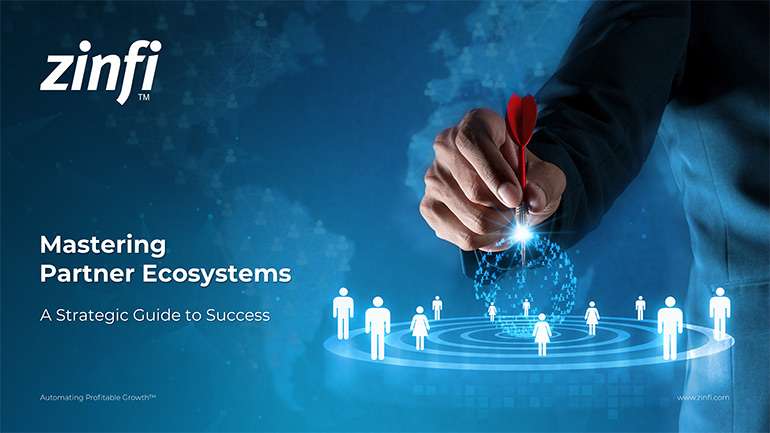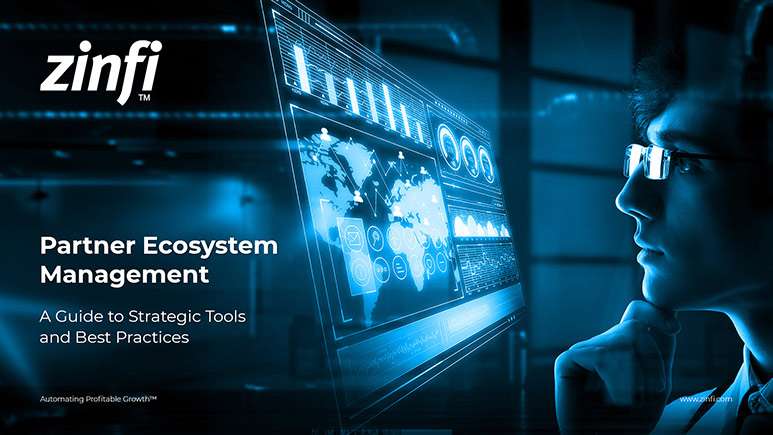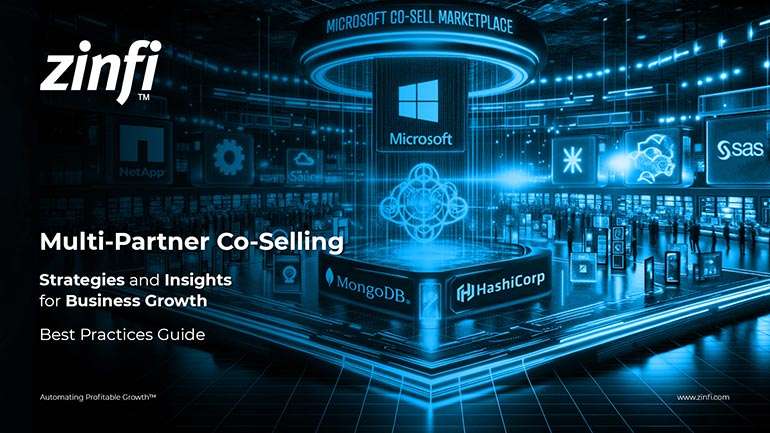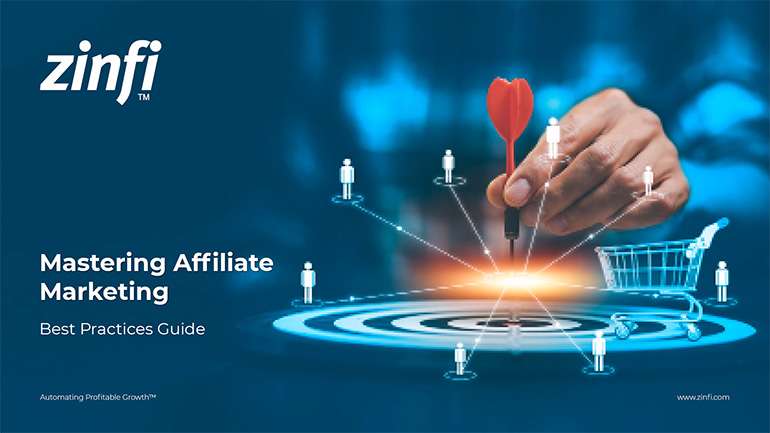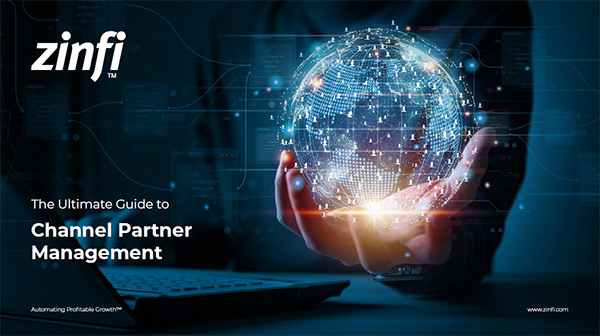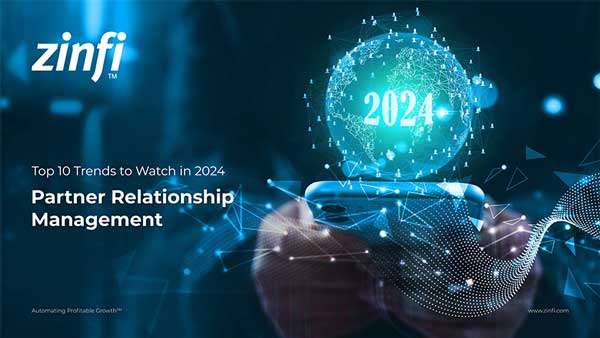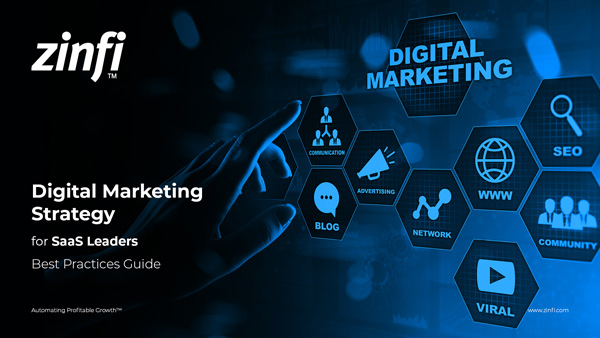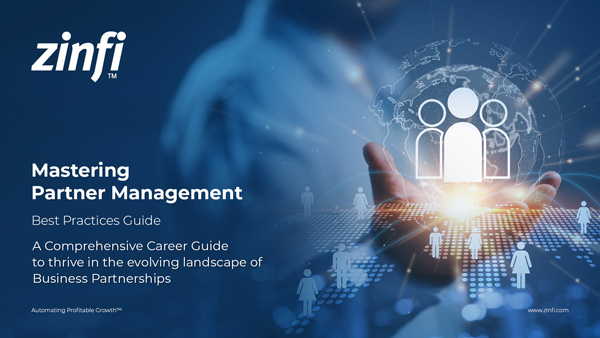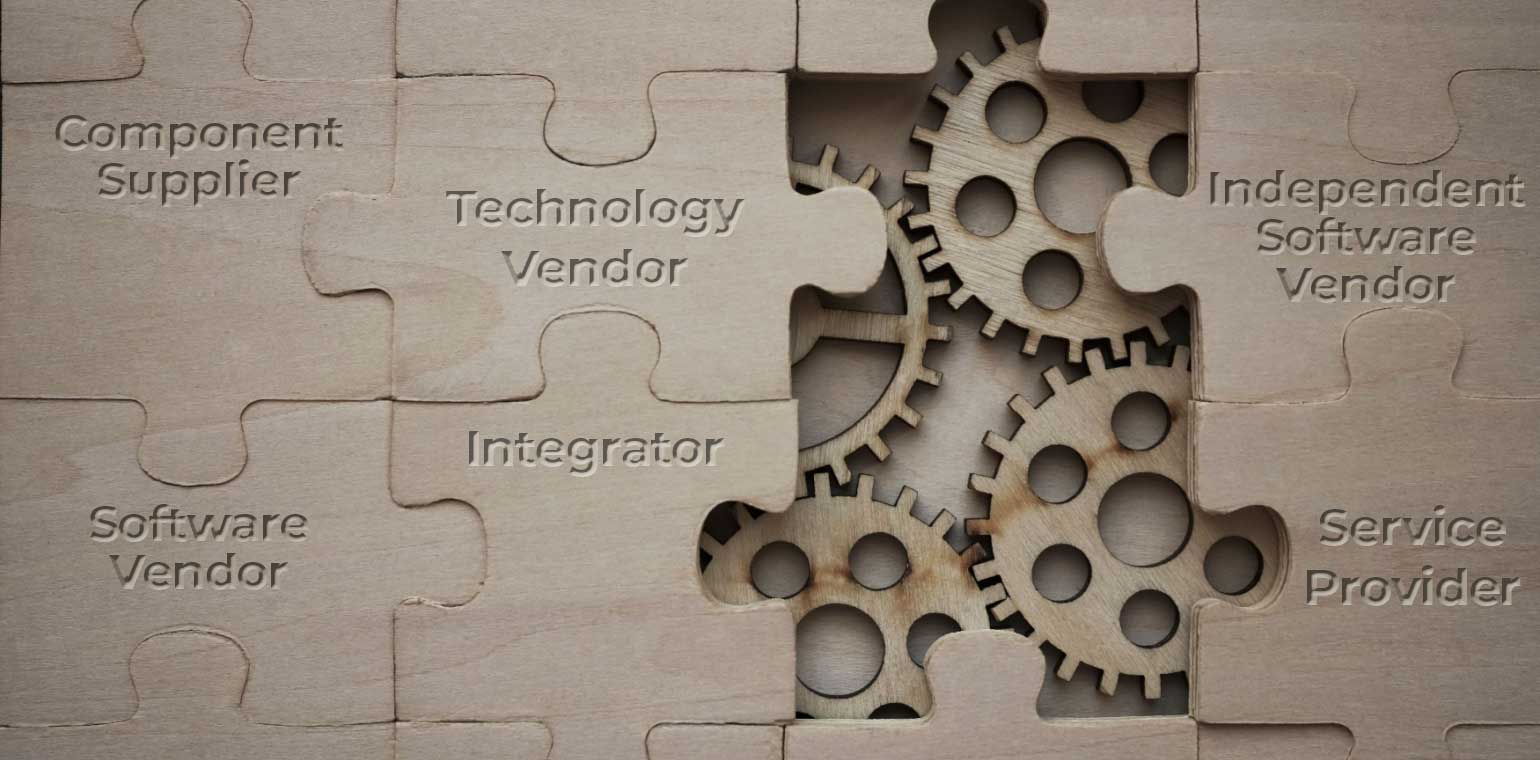B2B Marketing in the Age of Intelligence Best Practices Guide
Gain strategic insights and practical approaches for excelling in B2B marketing within the high-tech industry
Download your COMPLIMENTARY COPY of B2B Marketing in the Age of Intelligence Best Practices Guide to gain strategic insights and practical approaches for excelling in B2B marketing within the high-tech industry.
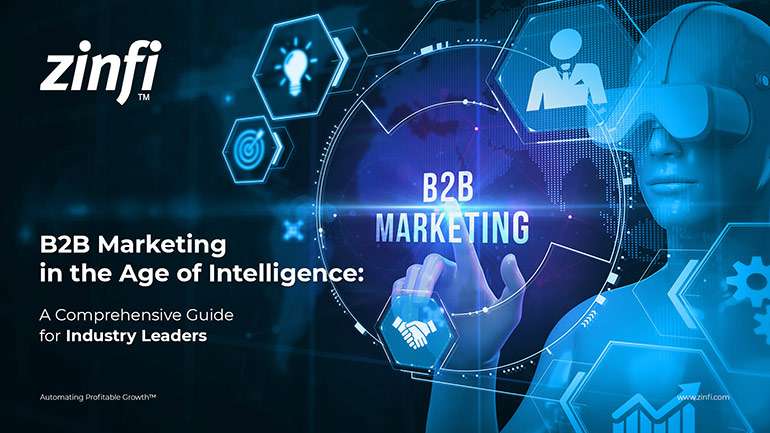
More on B2B Marketing in the Age of Intelligence Best Practices Guide
The guidebook delves into the complexities and strategies of B2B marketing, emphasizing the unique challenges and opportunities in the high-tech sector. It outlines the fundamental differences between B2B and B2C marketing, focusing on targeted relationships, in-depth industry knowledge, and the necessity of showcasing products that enhance business operational efficiencies.
Detailed sections cover direct and indirect B2B marketing strategies, including partner-based marketing, the role of digital transformation in marketing tactics, and the importance of measuring ROI. Practical examples and best practices guide companies in enhancing their marketing efforts to foster relationships, drive sales, and improve customer satisfaction.
Download this Guide to learn about:
- Understanding B2B Dynamics: Learn the essential aspects differentiating B2B from B2C marketing, mainly focusing on building long-term business relationships and navigating complex decision-making processes.
- Insights on Digital Transformation: The guidebook provides a roadmap on leveraging digital platforms, content marketing, and data analytics to optimize marketing strategies in a digital-first world.
- Effective Marketing Strategies: Discover proven strategies and tools for direct and indirect marketing tailored explicitly to the high-tech industry.
- ROI Measurement: Gain expertise in quantifying the effectiveness of various marketing campaigns with detailed methodologies for measuring and optimizing ROI.
- Future Trends: Prepare for future shifts in the B2B landscape with foresight on upcoming trends like AI, IoT, and the increasing importance of sustainability and corporate social responsibility in marketing.
Chapters Covered in B2B Marketing in the Age of Intelligence Best Practices Guide
B2B marketing refers to the strategies and practices employed by companies to sell their products or services to other businesses, rather than individual consumers. It involves understanding the complex decision-making processes of businesses and tailoring marketing efforts to meet their specific needs and challenges.
Direct B2B marketing is a targeted approach where businesses communicate and engage directly with potential corporate clients. It focuses on personalized interactions, aiming to build long-term relationships by addressing companies’ specific needs and interests.
Indirect B2B marketing, often termed partner or channel marketing, leverages the strengths and market presence of partners to promote and sell products or services, thereby extending market reach and enhancing brand visibility.
Unified Partner Management (UPM) is an integrated approach to managing business partnerships that aligns channel policies, programs, and personnel to optimize collaboration and efficiency across a global network, enhancing overall channel performance and profitability.
Partner contribution in B2B marketing measures the effectiveness and impact of partners in extending market reach and sales efforts. It evaluates how partners help achieve marketing goals, optimize resource allocation, and enhance business growth.
A CRM (Customer Relationship Management) system is a tool that helps businesses manage and analyze customer interactions and data throughout the customer lifecycle, aiming to improve business relationships with customers, enhance customer retention, and drive sales growth.
ROI in B2B marketing quantifies the return on investment from marketing activities, assessing the effectiveness of various campaigns in generating revenue relative to the cost incurred. It helps businesses evaluate and optimize their marketing strategies for better financial outcomes.
Customer Lifetime Value (CLV) is a metric that estimates the total revenue a business can expect from a single customer account over the duration of their relationship, guiding strategic marketing and resource allocation decisions.
Account-Based Marketing (ABM) is a strategic approach in B2B marketing that concentrates resources on a set of target accounts within a market. It uses personalized campaigns to resonate with each account, fostering deeper engagement and increasing sales opportunities.
Digital transformation in B2B marketing involves integrating digital technology into all marketing practices. It enhances data analytics, streamlines operations, and personalizes customer engagement, driving innovation and efficiency in marketing strategies.


